Today, we reflect on the moments that shaped us, challenged us, and quietly transformed us over the past year. Not just the highlights, but the heartbreaks, the pauses, the uncomfortable in-between seasons that forced us to grow in ways we didn’t fully understand at the time. In this special end-of-year compilation, you’ll hear powerful, deeply human insights from voices like Selena Gomez, Cardi B, Madonna, Novak Djokovic, Mel Robbins, Codie Sanchez, and more. Each conversation reveals how love, loss, pressure, purpose, spirituality, money, and self-belief intersect in real life, and why growth so often comes from moments we never would have chosen. You’ll hear Selena and Benny reflect on how love grows through safety, patience, and showing up imperfectly. Cardi B opens up about depression, heartbreak, and how time, accountability, and resilience helped her reclaim her power. Madonna shares why cultivating an internal, spiritual life is essential in a noisy, distracted world, while Novak Djokovic explores the tension between ambition, self-worth, and purpose even at the peak of success. Mel Robbins challenges us to reclaim our energy by letting go of other people’s opinions, and Codie Sanchez reframes money, risk, and opportunity as skills that can be learned rather than fears to avoid. Together, these conversations remind us that growth isn’t linear, healing takes time, and the most meaningful progress begins when we listen inward, protect our energy, and move forward with intention. In this episode, you'll learn: How to Turn Hard Seasons Into Personal Growth How to Build Love Through Vulnerability and Safety How to Heal After Heartbreak Without Rushing the Process How to Embrace Failure as a Starting Point, Not an Ending How to Let Go of Other People’s Opinions and Reclaim Your Energy How to Build Resilience Through Accountability and Time How to Move Forward With Purpose, Not Pressure Give yourself permission to heal at your own pace, to learn without shame, and to start again as many times as you need. Protect your energy, listen to what truly matters to you, and trust that small, intentional steps create meaningful change over time. With Love and Gratitude, Jay Shetty. Join over 750,000 people to receive my most transformative wisdom directly in your inbox every single week with my free newsletter. Subscribe here. Check out our Apple subscription to unlock bonus content of On Purpose! https://lnk.to/JayShettyPodcast What We Discuss: 00:00 Intro 01:20 Selena X Benny: Love Story 04:48 A Misunderstanding In The Studio 10:35 Love Blossomed From Friendship 12:27 The Little Things Matter 13:01 Emma Watson: Day To Day Activities & Hobbies 16:53 Honesty In Hardships 18:04 Staying Authentic To Yourself 20:01 Four Steps Forward, Four Steps Deep 23:07 Embracing Failure Creates Space For Resilience 24:34 Depression, Vulnerability & Divorce 28:53 Time Heals All 33:48 Handling Constant Criticism & Pressure 36:45 Madonna: 28 Years On A Spiritual Path 42:24 The Third Space Theory 44:16 Spiritual Practices To Keep You Going 48:30 Have You Really Dated a Narcissist? 50:15 Why Money Breaks Relationships 56:51 When Intimacy Needs Don’t Match 01:00:37 Cody Sanchez: Using Credit Cards the Smart Way 01:03:57 Do You Really Need Money to Start? 01:08:23 When Success Still Feels Like Not Enough 01:17:28 Where Your Energy Is Really Going 01:22:44 The Let Them TheorySee omnystudio.com/listener for privacy information.







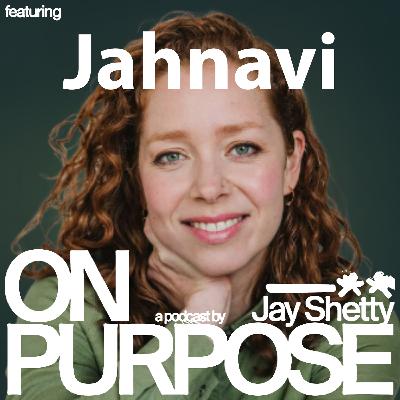
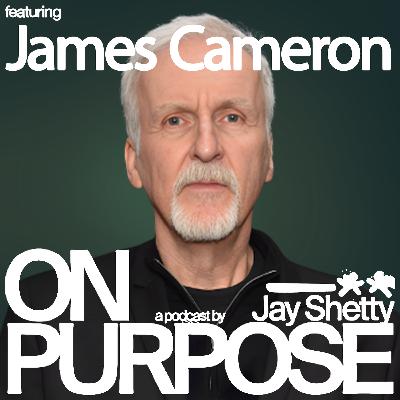



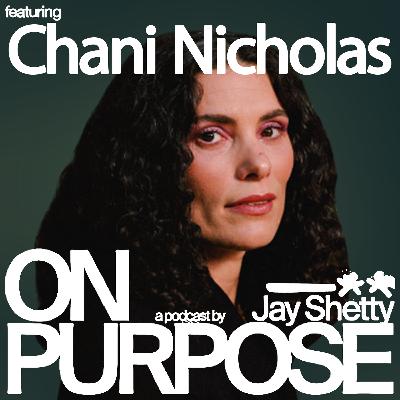

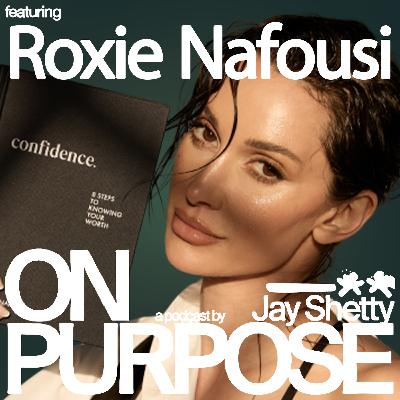
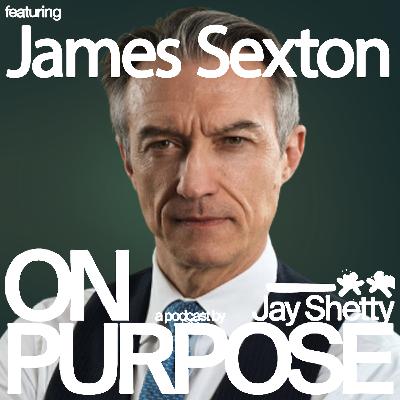
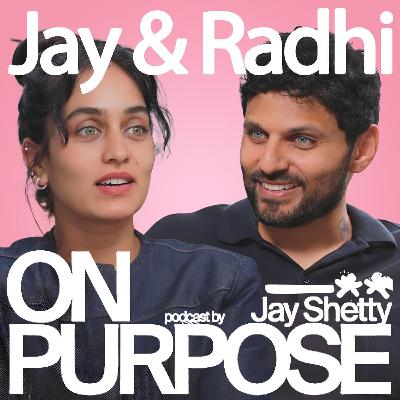



Thank you Jay. I really appreciate your work trying to help people. God bless you!
thank you😻😻✨
This is the most beautiful podcast episode I have ever listened to 🖤
I cried at the end.....this episode was the thing that i should listen.. thanks
this episode made sit down and take notes
I write what you say and think about them , it is richer than a book. Thank you
very nice ❤️❤️
thank you so much 🌱✨️
Great episode! Thanks a million
✔️♥️
can't believe ive been listening to you for so long and this week just noticed there is no comment here thats weird..its such valuable conversations you're providing for free!!!!
Hey Jay, please stop repeating the beginning of a sentence 6 times! exp: the more you think of waking up, the more you're gonna do it, the more you think of waking up, the more you'll invest in yourself, the more you think of waking up, the more you'll feel good...etc..(yeah, just invented this but it as absurd as this)Your audience isn't stupid and you're not a mentalist. Despite creating anxiety, it does nothing else.
Minutes 5 already gave me anxiety. Who told podcasters is a good idea to repeat the beginning of a sentence 6 times...!!?
Good morning my beautiful friends so grateful enjoy your weekend
Thank you 💕
funny story it's my first time listening to you guys. happy to be such a good start!
Let jay talk too 🤣🤣🤣🤣
Jjjaaaay u know what u doin😍😍
Happy birthday
Appreciate your pragmatic and outstanding content,but ads are too long 😵💫